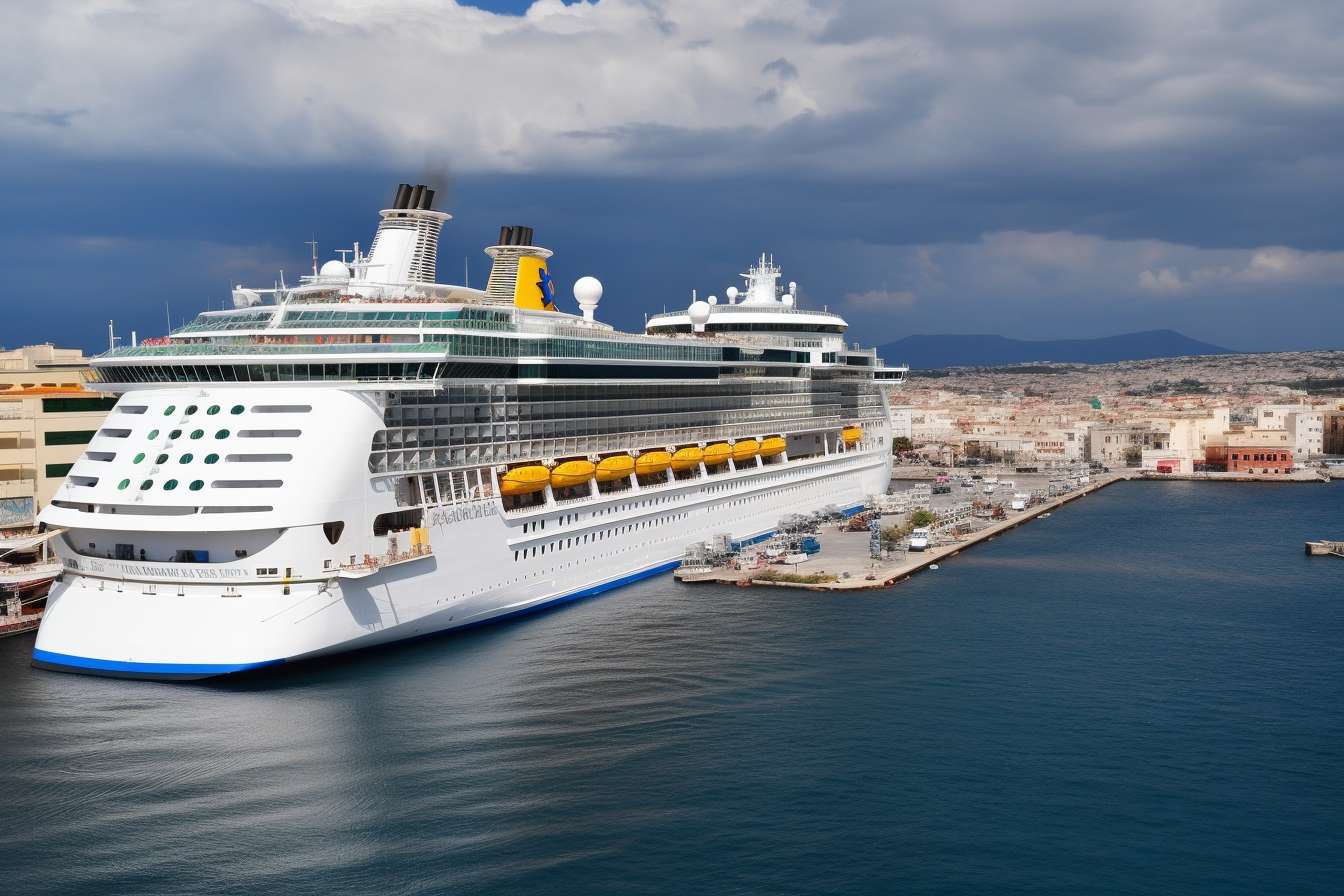Cruise Jobs: Roles, Hiring Process, and Life at Sea
Working on a cruise ship offers a mix of professional responsibility, travel, and living in a close-knit environment. This article outlines common roles, typical hiring steps, daily life on board, and practical tips for preparing for a cruise job. It is informational and does not list real-time openings or serve as a job board.

What jobs exist on a cruise ship?
Cruise ship roles span hospitality, technical, entertainment, medical, and administrative functions. Common positions include cabin stewards, food and beverage staff, chefs, deck and engine crew, entertainers, youth staff, and medical professionals. Each role has specific certifications or experience requirements—hospitality roles often need customer-service backgrounds while technical positions require maritime qualifications. Contract lengths vary, and some roles require multilingual abilities. Understanding the variety helps applicants match their skills to on-board needs and identify suitable training before applying.
How do you apply for a ship position?
Applying for a ship position usually starts with a resume tailored to maritime work and an online application through cruise line career pages or verified recruiters. Expect screening for relevant certifications (e.g., STCW Basic Safety Training), background checks, and health clearances. Interviews may be virtual or in-person and often include behavioral questions and role-specific assessments. Keep documentation organized—passport, seafarer medical certificate, and training certificates—to streamline hiring. Networking with former crew and using reputable staffing agencies can also help navigate the process more efficiently.
What is life at sea like on a cruise ship?
Life at sea combines long workdays with communal living and regular travel between ports. Crew members work set hours based on their role and typically share cabins and common areas. Free time varies by contract and itinerary; many crew use port calls for rest and personal errands. Crew culture often includes social events and on-board training. Consider the emotional aspects: being away from home, living in confined spaces, and adjusting to multicultural teams. Good communication, patience, and adaptability are important strengths for life aboard a vessel.
How do travel and contracts work for cruise jobs?
Cruise contracts commonly last from a few months to a year, with three- to nine-month contracts being typical for many hospitality roles. Contract specifics—start and end dates, days off, overtime policies, and repatriation terms—are determined by the employer. Travel to the ship is usually arranged by the cruise line or agent, though initial transport and visa costs can sometimes fall to the employee. Pay schedules and benefits differ by company and position; some roles receive tips or service charges in addition to salary. Always review your contract carefully and seek clarification on travel, accommodation, and medical coverage.
What steps prepare you for a cruise job?
Preparation includes obtaining required certifications (such as STCW), gaining role-specific experience, and completing a seafarer medical exam. Language skills, first-aid training, and customer-service experience strengthen applications. Assemble a concise maritime resume emphasizing relevant achievements and references from hospitality, maritime, or healthcare roles. Research company policies and typical itineraries to ensure you’re comfortable with the schedule and onboard culture. Mental and physical readiness is important—ensure you can handle confined spaces, variable schedules, and the demands of working at sea.
This article provides general guidance about cruise jobs and common hiring practices; it is not a listing of current openings. For actual vacancies, check official cruise line career pages, verified recruitment agencies, or industry job boards. Standards for pay, contracts, and required documents vary by employer and country, and specific opportunities may change frequently. Verify any role, salary, or contract details directly with the hiring organization before making commitments.
Conclusion
Cruise jobs offer varied career paths that blend professional work with travel and life on the water. Understanding the types of positions, application steps, on-board living, contract norms, and preparatory requirements helps applicants make informed decisions. Use official sources and verified recruiters for current openings and contract specifics to ensure any opportunity aligns with personal and professional needs.






